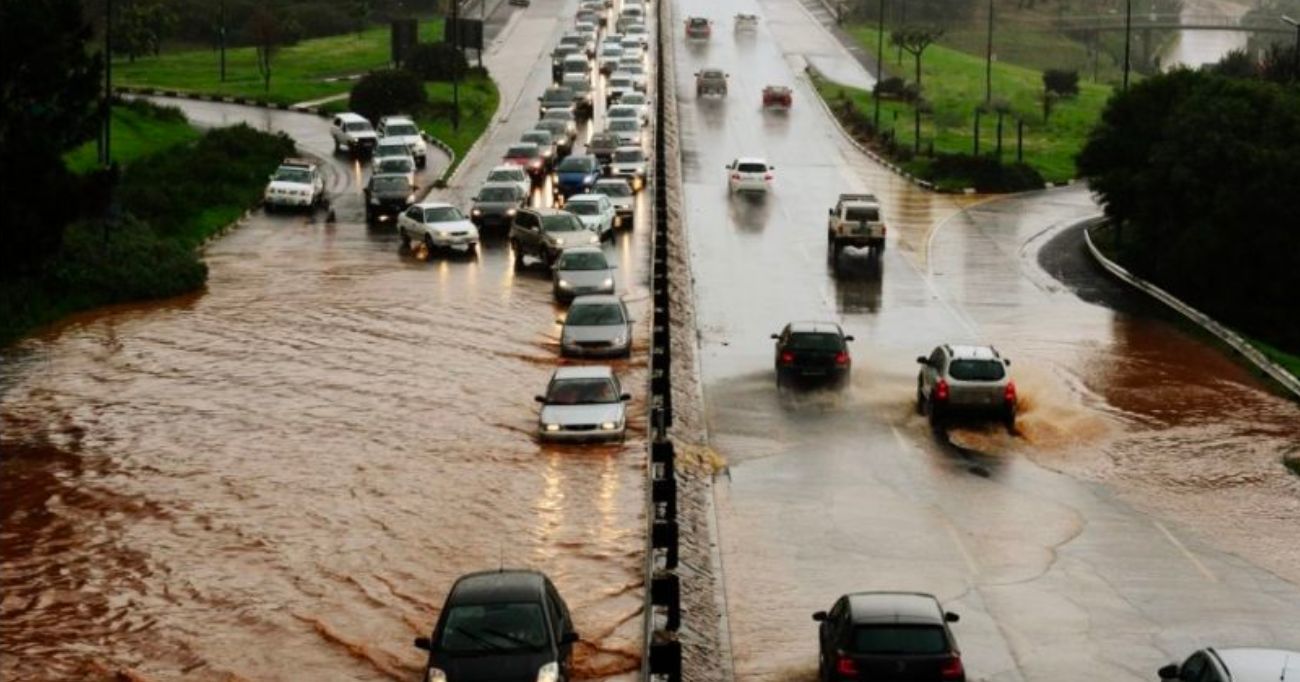
Traffic congestion and weather are two separate factors that can significantly impact transportation systems and the overall flow of traffic. They can influence each other and exacerbate the challenges faced by commuters and transportation infrastructure.
Slower speeds, longer travel times, and increased frustration for commuters
Weather conditions, particularly extreme or adverse weather, can have a profound impact on traffic and transportation systems. Different weather conditions can lead to various challenges; Rain can reduce visibility and road friction, increasing the likelihood of accidents. Wet roads can also cause vehicles to skid and increase stopping distances, leading to congestion due to slower speeds. Snow and ice can make roads slippery, leading to accidents and slower travel speeds.
Road closures and traffic diversions may also occur due to unsafe road conditions. Fog can reduce visibility, requiring drivers to slow down. These reasons can lead to congestion and possible accidents if drivers do not adjust their speed accordingly.
Extreme heat can lead to road surface deterioration, causing cracks and potholes. This can slow down traffic as drivers navigate around damaged road sections.
Strong winds can be hazardous, especially for high-profile vehicles. Windy conditions can lead to lane closures and restrictions, causing traffic disruptions.
The possibility of accidents will increase

The accuracy of the estimated time of arrival may be compromised if weather conditions are disregarded or not adequately factored in. Accidents are more likely to occur when transportation companies and couriers prioritize speed to meet arrival deadlines without considering the impact on safety.
Experience seamless mobility with Buluttan's Weather Intelligence Map Layer, a real-time weather update solution seamlessly integrated into your vehicle's navigation system.
Stay ahead of changing weather conditions, empowering mobility companies to adapt their operations swiftly. With accurate forecasts at your fingertips, proactive planning becomes a breeze, allowing you to implement effective contingency measures and maintain uninterrupted service.
Plus, by incorporating Buluttan's weather intelligence into route planning algorithms, you can optimize routes for drivers and passengers, reducing travel time and minimizing fuel consumption. This enhances efficiency and benefits our environment by reducing delays and traffic caused by adverse weather, ultimately leading to decreased greenhouse gas emissions. Choose Buluttan for smarter, eco-friendly mobility solutions.






